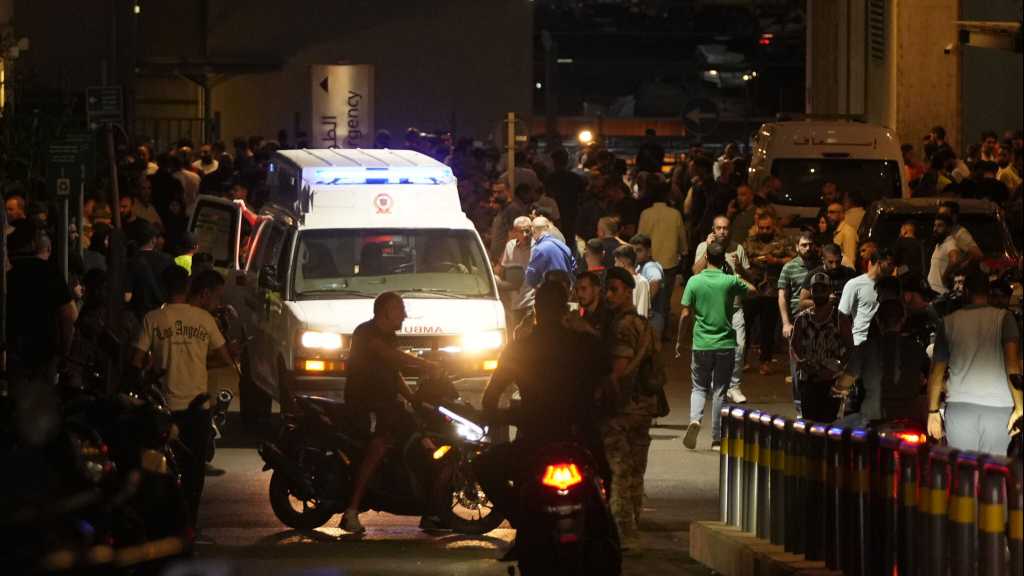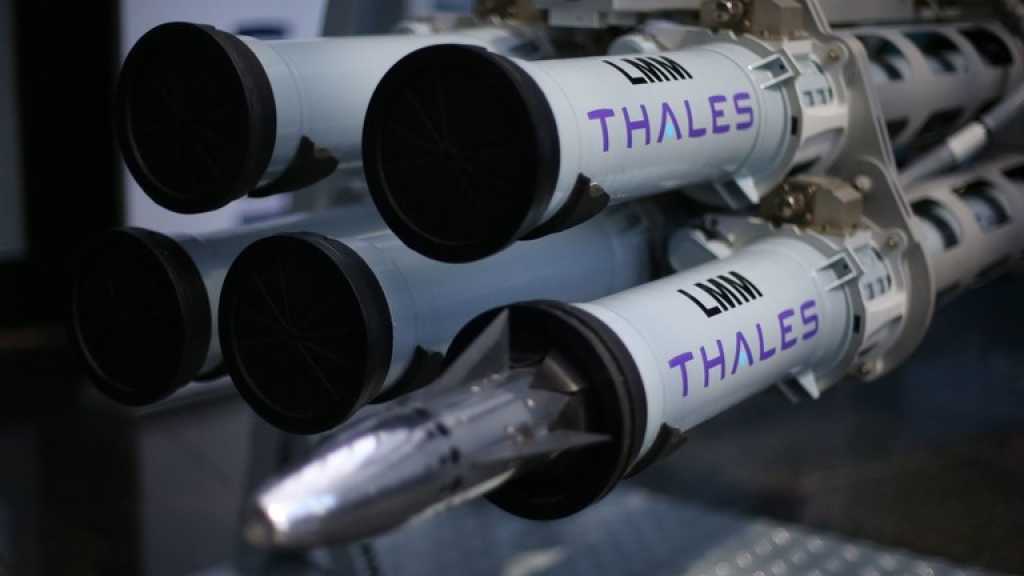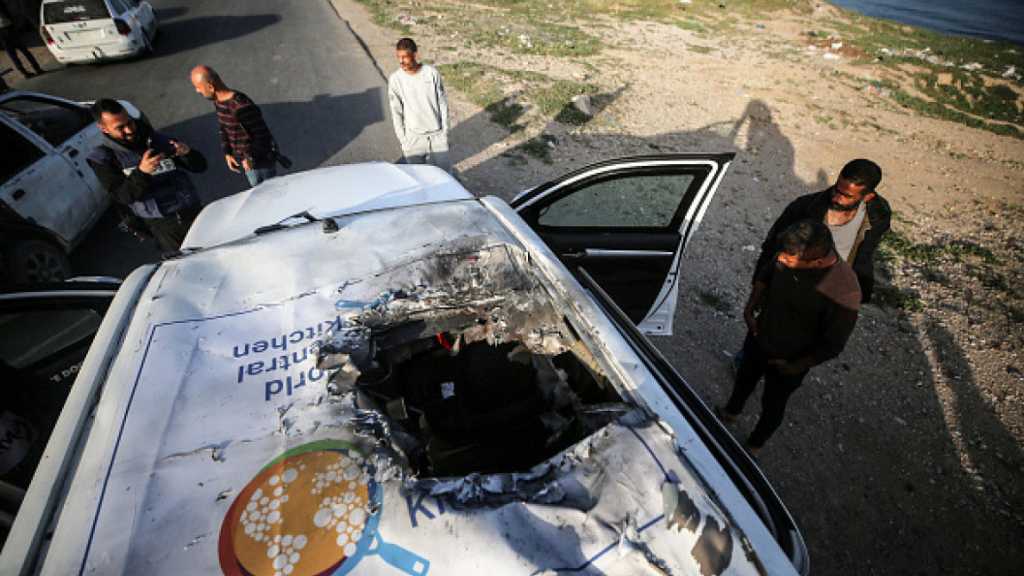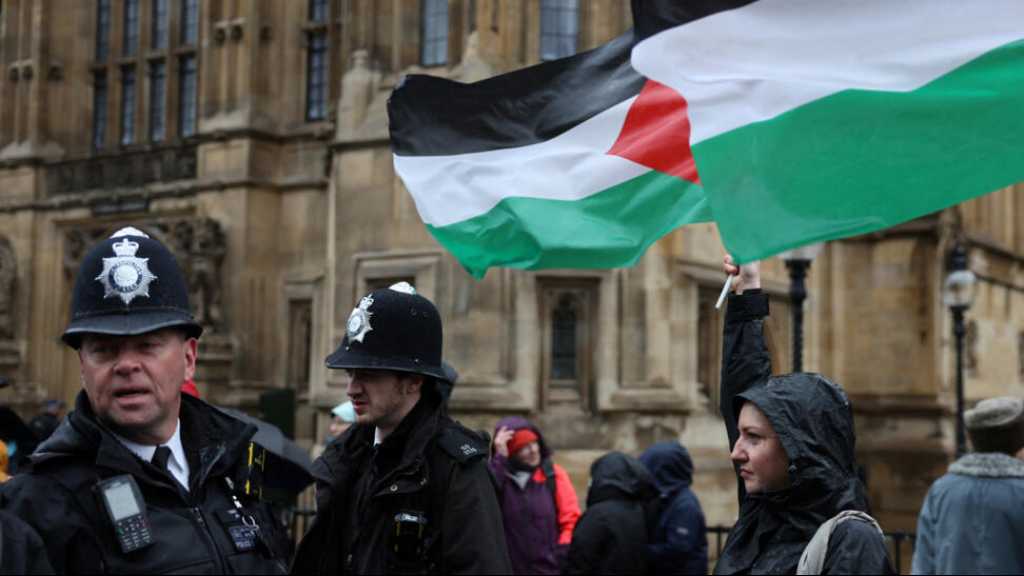
UK: Muslim Community in Mourning After London Islamic Center Set on Fire
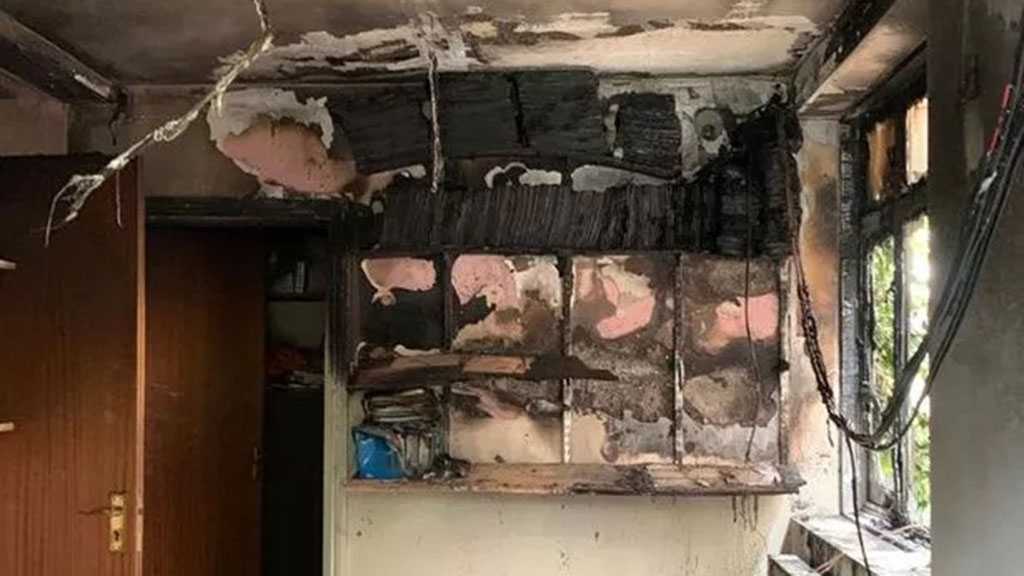
By Staff, MEE
A Muslim community in west London is in a state of shock and disbelief after an Islamic cultural center frequented mainly by women was targeted in an apparent Islamophobic attack.
The Al-Falah Institute in Hayes was initially broken into on 26 September, with intruders smashing in the front door. Upon inspection, staff found that donation boxes had been forced open and the center had sustained some interior damage.
According to the organization, police were contacted about the break-in but were told officers were too busy to respond.
Later that night, the center’s security company notified the local fire brigade that a fire had been set off, after the CCTV cameras went blank.
Staff and community members told Middle East Eye that the blaze was started when copies of the Qur'an were brought together in a room and set alight.
"Our scriptures, handled with [the] utmost reverence, now lie as burnt remnants," Mariam Tariq, a trustee and chairperson of the center said.
"The visual is more than just heart-wrenching; it's an assault on our spiritual and communal essence."
John McDonnell, the Labor MP for Hayes and Harlington, slammed the incident, calling it "a disgraceful criminal act of vandalism."
"We can't be sure there was a racial motive, but at the same time we have to take this possibility seriously. We are a multicultural community and we take real pride in the way our community lives in harmony together. So this has come as a real shock. Whatever the motive for this attack was, we won’t let it defeat us."
A spokesperson for the Metropolitan Police said that "the fire was being treated as arson" and the police were coordinating with Hillingdon Council.
"Several hours earlier a burglary was reported at the same location. The incidents are being treated as linked," the spokesperson said.
However, a spokesperson for Hillingdon Council refused to comment on the issue, saying that "this is not a council matter and would therefore be something for the police to respond to.
"We would not comment on the subject of an ongoing police investigation," the spokesperson added.
The mayor of Hillingdon, Councillor Shehryar Ahmad-Wallana, visited the center three days after the attack in a pre-planned visit, but his office has yet to comment on the fire and break-in.
Meanwhile, a spokesperson for the Mayor of London, Sadiq Khan, said that the "mayor's thoughts are with the local community and everyone associated with the Al-Falah Institute following this arson attack.
"Sadiq is unequivocal that London's diversity is its greatest strength and his team are in close contact with the Institute and continuing to support them along with partners at Hillingdon Council."
Zulikha Raja, a trustee at the institute said that the local community was in a state of mourning following the attack.
"Al-Falah wasn't just a structure, it represented our aspirations and dreams," she said.
"Religious teachings, cookery classes – it was a linchpin for unity, growth and resilience," she added.
The institute first opened its doors in 2011 and served as a place for prayer, learning and community gatherings. It also offered English and maths classes as well as coffee mornings.
According to a GoFundMe page set up to help rebuild the center, fixing the fire damage would cost at least £49,500 [$60,000]. As of Thursday, at least £32,000 [$38,760] had been raised.
"We at the Muslim Council of Britain were deeply distressed to hear of the devastating arson attack on the Al-Falah Institute," the UK's largest Muslim umbrella body said.
"It is unconscionable that a center that has served as a place for prayer, learning and community gathering for 12 years now lays in ruin."
The attack has sent shockwaves across the Muslim community and coincides with a spate of anti-Muslim attacks in Britain.
According to Home Office data, anti-Muslim attacks accounted for more than one-third of all religiously motivated hate crimes between 2022 and 2023.
And last year, a report by MEND and the Muslim Census revealed that a staggering 35 percent of mosques were attacked at least once a year.
